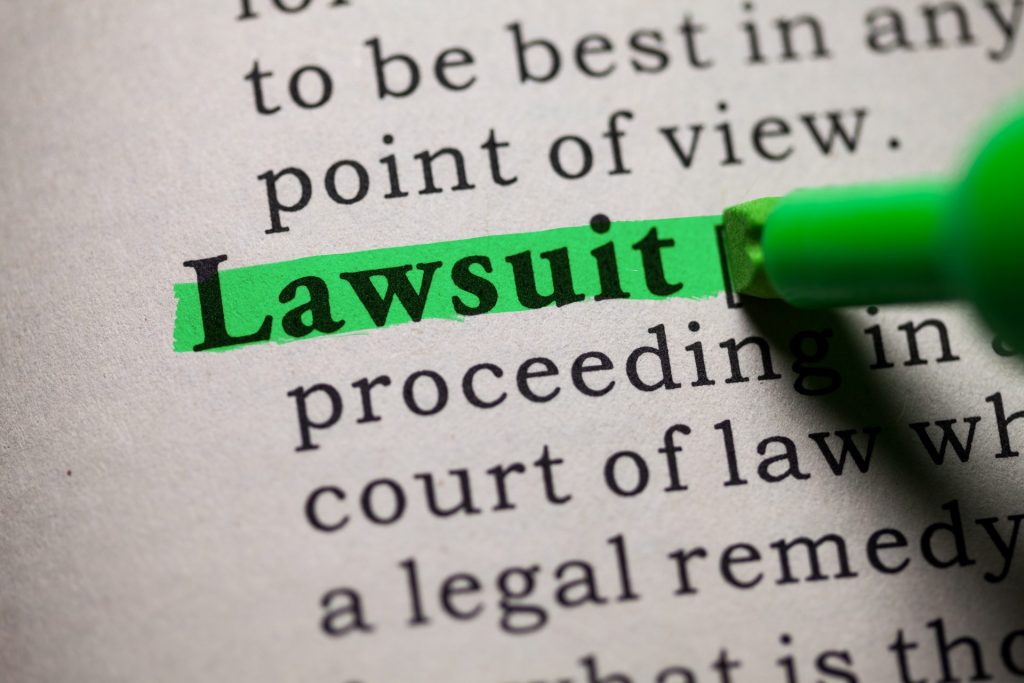- New Customer Inquiries (866) 551-4684
- Customer Service (214) 387-8068
- Make A Payment (866) 558-3328
- Client Portal
- Consumer Support

When trying to collect outstanding debts, there are many strategies that you can use. Some of these, like sending late notices and making follow up phone calls can be handled internally, at least in the beginning. However, for some more advanced cases, there are tactics that are best carried out by a professional collections agency. These include actions like skip tracing, credit reporting, and settlement offers. However, there is one option typically used as a last resort that is also handled either in-house or outsourced: litigation. So, at what point should you consider filing a lawsuit? And should you do it with your own company attorney or use a collection agency? We think you should keep these considerations in mind.
One of the first things you should think about is the value of the debt. Attorneys and court fees can cost hundreds or thousands of dollars. Therefore, you should make sure that the value of the debt you are trying to collect will exceed the cost to take it to court.
For smaller cases, it may be a good idea to check with your collection agency. Sometimes, collection agencies can take many small cases to court at the same time. This saves them time and litigation costs.
We know that you are an honest businessperson, so you know that your debt is on the up and up. However, you can never be too careful. Consider the customer’s perspective. Do they feel they didn’t get the product or service they paid for? Or do they feel they were delivered a sub-par solution? Did they misunderstand your contract or feel it was vague?
It’s not just the customer’s perspective you have to consider. You also have to think about the position of the court. Is it possible that the customer has a case? The best option is to consult with your attorney and present all supporting evidence and what you know of your customer’s claim. That way, you can work together on the best defense of your case. Sometimes an attorney will help you mediate a case and avoid court.
If you sue a client for payment and win, that doesn’t necessarily mean you’ll actually get paid. No court can force someone to pay with money they don’t have. Therefore, this is important to consider when you are deciding whether to take a case to court. Has the person or business gone bankrupt? Have they informed you that they are unable to make the payment? Of course, you can never know for sure what the financial situation is. But you can weigh what you do know to make an informed decision about how much of a risk a lawsuit would be.
If you have a collection partner like Southwest Recovery Services, they often help with collecting judgements. Even if the defendant in your case lacked the ability to pay at the time of the judgement, they are still responsible for paying. We can keep communication open and help the debtor find solutions to pay their judgement.
If you think it’s time to take a debt to court, we can help. We have legal experts who can evaluate your options and make sure you get as much of your payment as possible. Chat with us to get started today!


We make it fast and easy to refer past due and delinquent accounts to our professional recovery agents. You decide the range on what you will accept on each case, and you ONLY pay a percentage of what we actually collect to resolve the case. Ready to get started, or want to learn more? Fill out this form and a dedicate account manager will call you to get started.